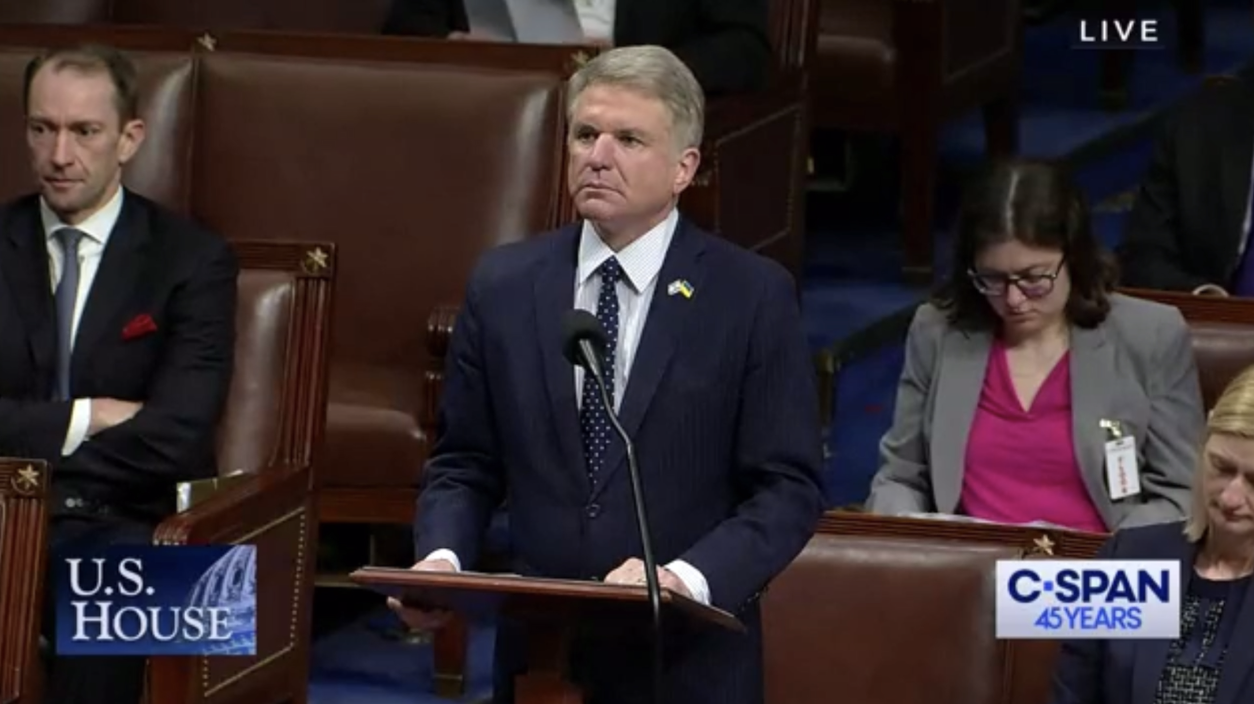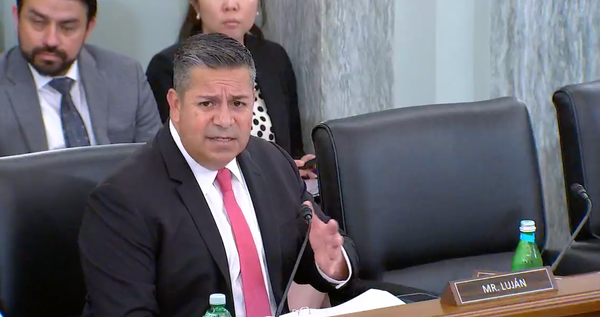House Passes Bill Forcing TikTok Divestiture in Funding Package
The TikTok ban was incorporated in the comprehensive foreign aid package that was approved on Saturday.

WASHINGTON, April 22, 2024 – Bills designed to safeguard the sensitive data of U.S. residents from foreign bad actors, including one that would force the divestiture of TikTok from its Chinese owner, passed the U.S. House on Saturday.
H.B. 7521 is focused on restricting applications controlled by foreign adversaries by prohibiting their distribution, upkeep, or internet hosting within the United States. Notably, this would compel ByteDance, the Chinese parent company of TikTok, to divest the video-sharing platform to avoid its ban in the United States.
In response to this legislation, TikTok’s head of public policy for the Americas, Michael Beckerman, issued a statement vowing to challenge the legislation in court, claiming that the bill violates the first amendment of the US constitution. This sets the stage for a potential legal battle over the future of TikTok's operations in the United States.
The legislation passed Saturday aims to empower the president to ban any social media firm controlled by a foreign adversary that has been deemed to present a significant national security threat. The bill also grants the Department of Justice the authority to investigate and enforce its provisions, with violators facing civil penalties based on the app’s number of users.
The bill would require any app in question to provide users with all available account data, including posts, photos, and videos, at the user's request before the prohibition takes effect. Exceptions apply to apps primarily used for non-security purposes like posting product reviews.
The next bill, H.B. 7520, targets data brokers, forbidding them from selling government-issued identifiable information of U.S. residents to nations such as North Korea, China, Russia, or Iran, along with their affiliated entities. This includes social security and financial account numbers, biometric and genetic information, precise geolocation data, and other private communications.
After passing the House, these bills were integrated into a legislative bundle, H.R. 8038, alongside two other bills and sent to the U.S. Senate. The legislative package, named the 21st Century Peace Through Strength Act, is anticipated to gain approval in the Senate on Tuesday, clearing the way for President Biden to sign it into law by the week's end.
The legislative package is the fourth component of a broader foreign aid package to assist Israel, Ukraine, and the Indo-Pacific. In addition to provisions aimed at protecting consumers' online data, the package contains the most comprehensive sanctions against Iran that Congress has passed in years and other trade-related national security measures.
“These bills are the result of diligent and bipartisan work to protect Americans’ data and address the serious national security threat posed by our adversaries,” said Rep. Cathy McMorris Rodgers, R-Washington, and Rep. Frank Pallone, D-New Jersey, who serve as the Chair and Ranking Member on the House Energy and Commerce Committee, in a statement. The committee members who recently advanced four more bills aimed at securing U.S. networks and data, said “Today’s vote is a clear victory for protecting Americans online and off, but there is still work to be done.”









